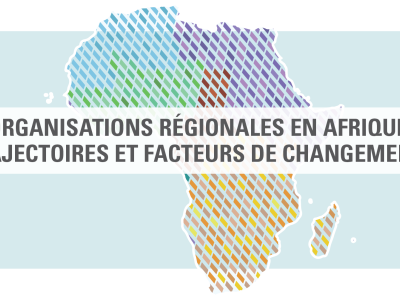
Final report of the study on Coordination and Complementarity of Assistance for Local Development
This sixth and final study looks at the track record of EU coordination and complementarity in the programming development and strategy formulation for assistance to local development. Contrary to what is happening at the national level in developing countries, aid which is focused at the district level continues to be channelled in a far more fragmented and less coordinated fashion. This study will stimulate and contribute to a multi-actor learning process on this area.
This report presents the findings and recommendations resulting from a detailed analysis of the management of ODA coordination by EU donor agencies, with a focus on local development.
Overall, the report shows that European Union Member States and the Commission have a remarkably low level of performance when it comes to achieving value-added effects and impacts of coordination efforts with each other in general, and in the area of support for local development specifically. Very rarely do they behave as if there is any benefit to be gained from a joint EU perspective to aid coordination, preferring in- stead to follow their own bilateral (or institutional) interests, or to prioritise the coordination efforts of pan-donor collaborative organisations that may be in place (including IFIs, multilateral organisations, non-EU bilateral donors and others). In terms of donor coordination, they apply ill-equipped processes, tools and systems that under perform in dealing with today’s complex ODA environment. Furthermore, field personnel are seriously handicapped by poor policy and process support from headquarters, unclear or unstated standards of performance with respect to the management of coordination, and an important level of asymmetry between officials in terms of empowerment to take part in effective joint decision making.


